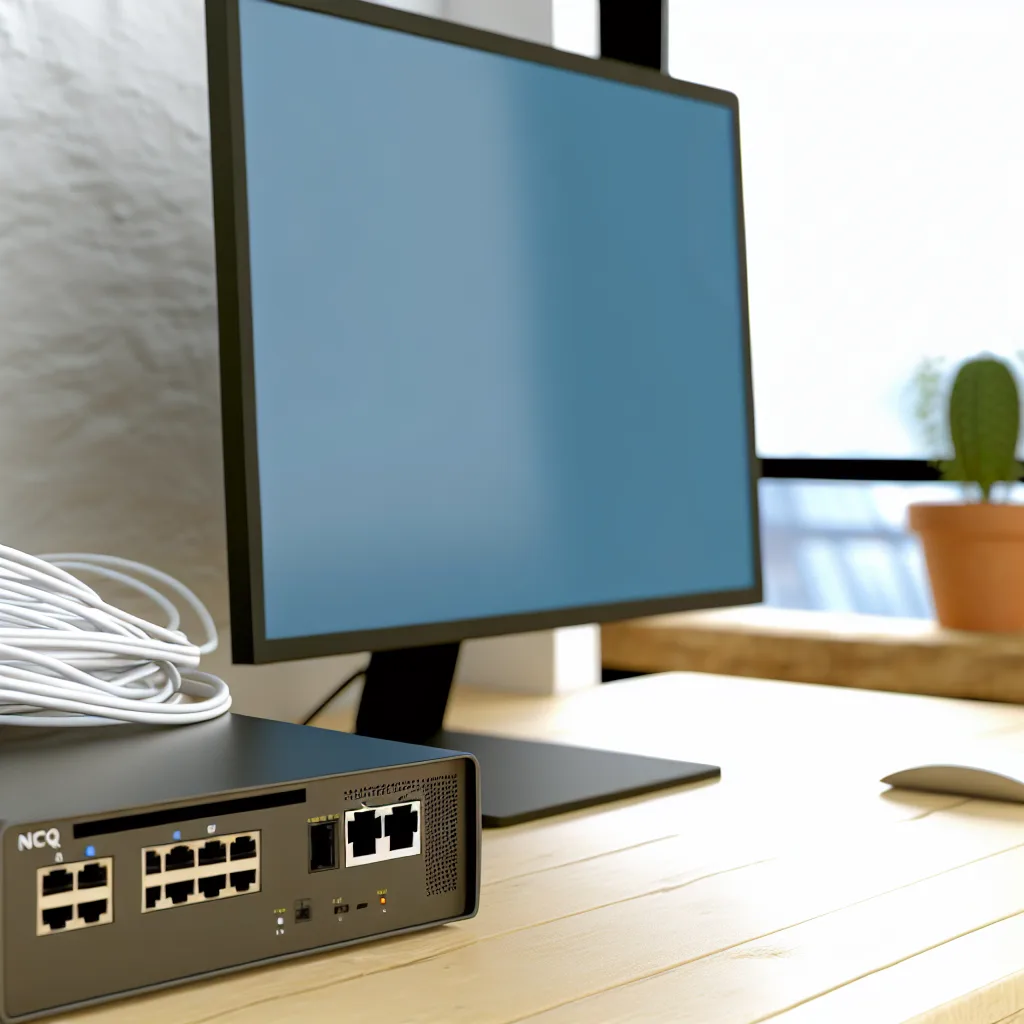Discover the joys and lessons of setting up a beginner home lab to boost your tech skills
If you’ve ever been curious about playing around with computer networking, servers, or learning more about systems administration, setting up a beginner home lab is an awesome way to dive in. I recently decided to create my own, and honestly, it was both an exciting and educational journey.
Why Start a Beginner Home Lab?
Starting a beginner home lab isn’t about having fancy equipment or complex setups. It’s about getting hands-on experience and understanding how different technologies interact. It’s like your own little tech playground where you control everything.
When I started, I had no idea how to configure network switches or manage virtual machines. Setting up a beginner home lab helped me learn all of that gradually, and in a safe space where mistakes are just part of the learning process.
What Did I Use?
For my beginner home lab, I kept it simple. I repurposed an old desktop with decent specs and added some virtualization software. Virtual machines allowed me to experiment without needing a lot of fancy hardware. I also got a basic network switch to simulate real-world network configurations.
There are plenty of free resources to help with this. I found the VMware Workstation Player and VirtualBox great for virtualization (VMware Workstation Player, Oracle VirtualBox). For networking gear, even a modest switch from brands like Netgear or TP-Link was enough (Netgear Switches).
Lessons Learned From My Beginner Home Lab
- Start small and build up: It’s tempting to want everything all at once, but getting comfortable with one thing at a time makes a big difference.
- Documentation is your friend: Taking notes and following guides helped me avoid frustration.
- Don’t fear failure: Broken configs? No problem — just reset and try again.
- Ask the community: There are countless online forums, blogs, and tutorials that can help when you get stuck.
Benefits Beyond Just Learning
Having my beginner home lab didn’t just teach me how to set up servers or tweak my network. It boosted my confidence to handle real technical problems. And it made me comfortable troubleshooting issues without panicking.
Plus, it’s genuinely fun! Whether you’re a hobbyist or someone looking to break into IT, it’s rewarding to see your setup grow and work the way you want.
Ready to Start Your Own Beginner Home Lab?
If you’re thinking about starting your own, keep it simple at first. Use what you have. Focus on learning and enjoy the process. The internet is packed with tutorials, hardware options, and forums full of folks ready to help.
For more reading on starting a home lab, check out this beginner guide from ServeTheHome, and for super clear virtualization tutorials, Linode’s documentation offers great insights.
Setting up a beginner home lab is not about having the flashiest gear, but about making technology work for you. Give it a shot—you might be surprised how much you learn and enjoy along the way.
